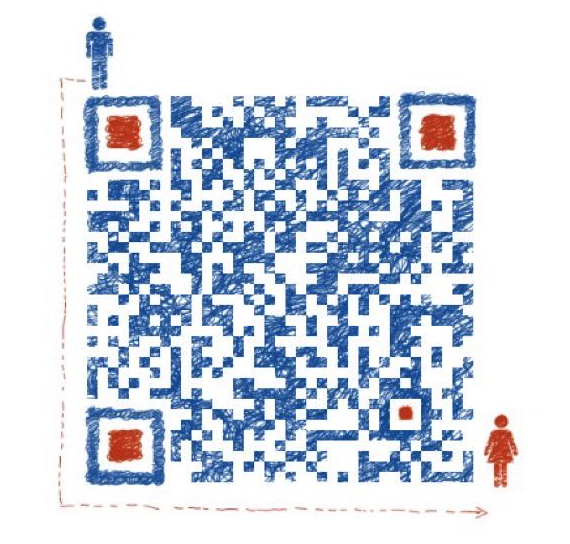记录一些使用Shell的技巧
Shell中的文字处理
- JSON
# jq是一个Shell中的常用json对象化工具
# 安装
yum install -y jq
# 使用Demo Data见后文 如下命令获取
kubectl get secrets -n test test -ojson
########Data##########################
kubectl get secrets -n test test -ojson|jq '.data.passwd'
"aGVsbG8="
# JSON Data
{
"apiVersion": "v1",
"data": {
"passwd": "aGVsbG8="
},
"kind": "Secret",
"metadata": {
"annotations": {
"field.cattle.io/creatorId": "u-9hs5v",
"field.cattle.io/projectId": "c-6hbc7:p-l8wp7",
"lifecycle.cattle.io/create.secretsController_c-6hbc7": "true",
"secret.user.cattle.io/secret": "true"
},
"creationTimestamp": "2019-04-22T05:29:28Z",
"name": "test",
"namespace": "test",
"resourceVersion": "472498492",
"selfLink": "/api/v1/namespaces/cms3/secrets/test",
"uid": "9985b4ea-64bf-11e9-9da9-06976d75b572"
},
"type": "Opaque"
}
- String 字符串处理去除引号
kubectl get secrets -n test test -ojson|jq '.data.passwd'
"aGVsbG8="
kubectl get secrets -n cms3 test -ojson|jq '.data.passwd'|sed 's/\"//g'
aGVsbG8=
- 环境变量注入配置文件
使用envsubst
安装
使用# Ubuntu/Debian apt-get install gettext # Centos yum install gettextexport TEST_INJECT_VAR="test-data-2020" envsubst < input.file > output.file cat input.file ${TEST_INJECT_VAR}
